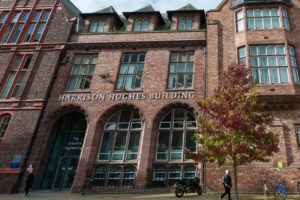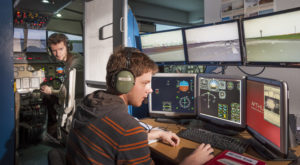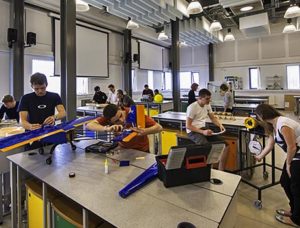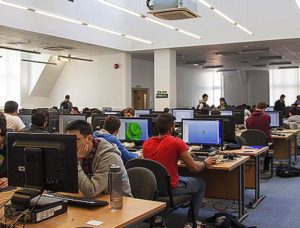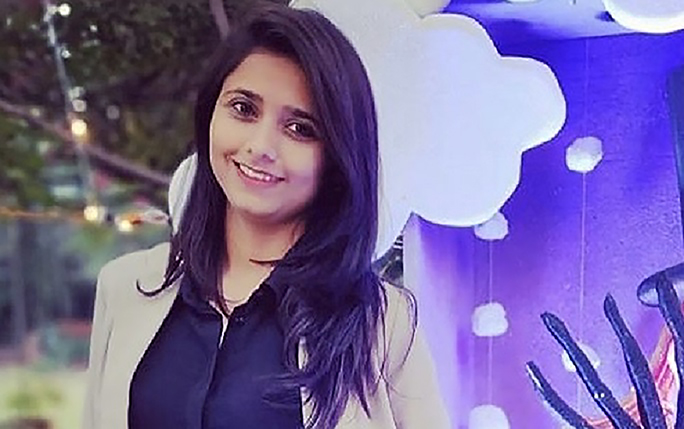About this course
If you are interested in becoming either a private or professional pilot, this is the programme for you.
Introduction
The MEng is designed to offer students a greater depth and breadth of specialist knowledge in the core aerospace subjects with a range of advanced modules.
In addition to studying the core aerospace engineering topics outlined, you will also take the pilot studies modules and develop knowledge, skills and experience of flying. As well as the flight training, pilot studies students also have access to and use of the students’ pilots lab and can join the Flight Simulation Group (FSG). Study Aerospace Engineering and by the end of your time at Liverpool, you will be able to show that you can now design, build, test and fly an aircraft.
As an aerospace engineering student, you will experience a wide variety of topics and modes of study, whether it be conducting research, analysing reports or designing and building an aircraft. You will have have the opportunity to study a wide range of topics during your time at Liverpool such as aerodynamics, aerostructures, flight dynamics and control, propulsion systems, avionics, aerospace materials and aircraft design.
Aerospace Engineers design, analyse, build, test and maintain vehicles, their sub-assemblies and components as well as their associated systems that fly. Flight is not limited to simply within the Earth’s atmosphere, and can also be outside of it.
Conducting independent research as part of an individual project will provide you with the knowledge to develop innovative concepts in your preferred technical area of interest. All of our Aerospace Engineering degree programmes are accredited, or pending accreditation, by our professional bodies, the Royal Aeronautical Society and the Institute of Mechanical Engineers and are a recognised qualification on the route to Chartered Engineer status.
This programme also has a year abroad option, an incredible opportunity to spend an academic year at one of our partner universities. On the 4-year integrated masters programme, you can go abroad either between Year 2 and 3 (apply in Year 2) OR Year 3 and 4 (apply in Year 3).
Accreditation
All of our BEng/MEng degree programmes are accredited, or preparing for accreditation, by at least one professional engineering institution, providing you with a solid foundation for your career. An MEng degree in aerospace, civil and mechanical engineering from Liverpool, satisfies all of the academic requirements for registration as a Chartered Engineer (CEng). We have excellent links with the professional engineering institutions and benefit from their support.

